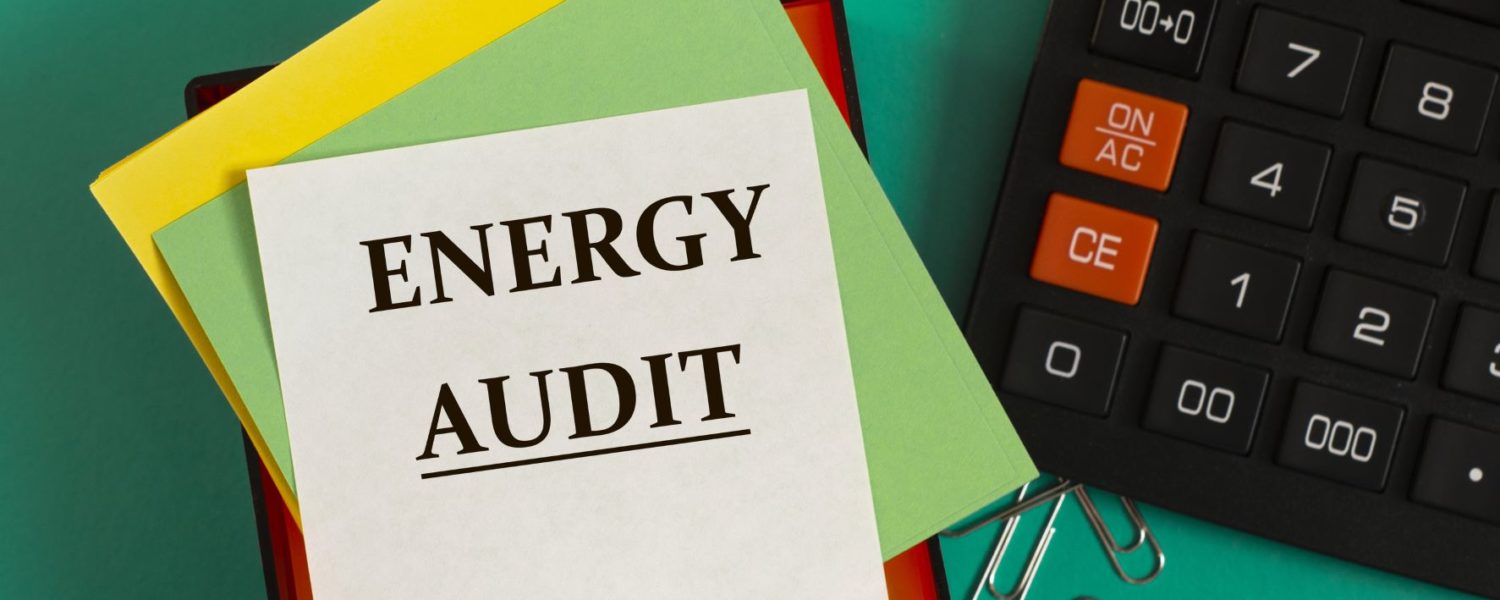By Colby May
Imagine with me for a minute. What if we could save energy at our homes and repurpose the savings by redirecting it to impact the most vulnerable, to provide food or water to those in need, or to reach those who have never heard of Jesus.
Better yet, what if every church in the U.S. saved 10% through energy stewardship and redirected to global missions? We could redirect over $1B to reaching the unreached.
Did you know that there are 400,000 houses of worship in the United States, and did you know that we spend nearly $10B per year on our facilities (Energy and Maintenance)?
According to the Environmental Protection Agency, 30 percent of the energy we use at our churches is wasted. That means we have within our grasp the ability to save nearly $3B at no cost. That would double, if not triple, the amount we currently invest into cross-cultural missions.
Are you aware that in many parts of the U.S., energy is the second-biggest budget item after salaries? However, the topmost concern is not “where do I start?” regarding energy management; the greatest concern is leadership understanding the importance of energy management.
The church is typically the last one to the table regarding energy management; the biggest reason being the lack of understanding and knowledge in this realm. If we do not understand energy management and do not see it as a threat, we are much less inclined to remedy the situation.
UNDERSTANDING OUR CALL
Before we pursue energy conservation, we must first understand our call. Part of our call as God’s creation is to also be good stewards of His creation.
I believe Genesis 1:1 says it all: “God created the heavens and the Earth.” If we, and all that exists, are part of God’s creation, are we to be wasteful with that which God created? Throughout the Bible, we read examples of good stewardship.
In Greek, stewardship, or oikonomia, is the same word used to define management and administration. We are called to be managers or stewards of what has been given to us.
When it comes to energy, we need to manage it wisely and creatively. We will have enough energy for us today, but what about our children and our children’s children? Let us be wise, responsible, and creative with the energy within our grasp today, so we can give future generations a better tomorrow.
UNDERSTANDING THE THREAT
As mentioned above, according to the EPA, we waste up to 30 percent of energy we use. Think about this for a second. Many larger churches spend north of $1,000,000 per year, and 30 percent would equate to $300,000. This is a tremendous amount of resources and a very true scenario.
We have performed over 5,000 energy audits in our career and can testify to the findings. For example, a common practice is simultaneous heating and cooling. We were just working with a large church in Indiana in which one side of the sanctuary was heating, yet the other side of the sanctuary was cooling. This is an extremely expensive practice as it calls for constant heating and constant cooling as the zones fight against each other. Also keep in mind it was 10 degrees outside.
According to the EPA, every degree changed can save up to 1.5 percent of the HVAC portion of your bill. They recommend keeping cooling set at 76-78 degrees. This simple act could save up to 20% percent on the HVAC portion of your bill.
RECOGNIZE OUR WEAKNESSES
The most common question we hear regarding energy management is, “Where do we begin?” This question is actually half the battle; simply asking this question states that the church understands their call, understands the threats, and is ready for a solution.
Energy management is a big field and the opportunities to save energy are numerous. So, in order to move forward with a plan, we must first identify our weaknesses.
Every athletic team first identifies and addresses areas of weakness before playing an opponent. By not doing so, they play the game blindly.
The same is said when pursuing sustainability. The best place to start in the arena of energy management/sustainability is to perform an energy audit.
ENERGY AUDIT
An energy audit/study will and should uncover every area of energy use and make proper recommendations in order to remedy any threats. These audits will look at Lighting, Heating, Ventilation, Air Conditioning, Building Envelope, Plug Load, Utility Bills, Behavior, Maintenance, Operations and more, and then address each opportunity with a respective plan.
There are a number of consultants available to perform energy audits, should your facility be interested. Be careful in your selection of an auditor and be sure to find a neutral third party that has nothing to gain or sell as part of the process.
Colby May is the founder of Energy for Purpose, whose focus is to leverage energy management and sustainability principles in ministries as a means to increase missions funding, through redirected energy savings, www.energyforpurpose.com.














